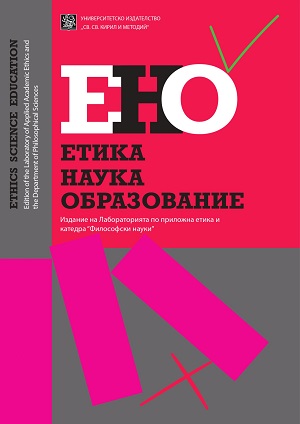An Analysis of the Problems of Truth and Post-Truth from the Perspective of Gramsci and Foucault
An Analysis of the Problems of Truth and Post-Truth from the Perspective of Gramsci and Foucault
Author(s): Rares-Dimitrie RadoiuSubject(s): Philosophy, Political Philosophy, Special Branches of Philosophy, Philosophy of Mind, Philosophy of Language
Published by: Великотърновски университет „Св. св. Кирил и Методий”
Keywords: truth; post-truth; Gramsci; Foucault
Summary/Abstract: This paper focuses on the relation between truth and power as described by Gramsci and Foucault. It discusses the way in which post-truth is used in the counter-hegemonic discourses and what the effect of these new discursive form could be. Attention is drawn to the role of intellectuals in the production and dissemination of truth and post-truth in society. As Foucault argues, every society has its own regime of truth, containing specific beliefs, values and mores. He has focused on the way in which this regime is established and distributed in the society. We now face the emergence of an alternate regime, the “regime of post-truth,” which tackles the existing regime of truth by using “alternative facts” as weapons. The new type of discourse questions the hegemonic order by creating a certain degree of confusion among citizens, so the way they evaluate the political space is completely changed. Truth, as Gramsci argues, has a very important role in the construction and reproduction of a certain way of life and worldview. This means that the spread of post-truth can affect the way in which individuals think and act in society, as well as the way societies are organized.
Journal: Етика, наука, образование
- Issue Year: 1/2023
- Issue No: 1
- Page Range: 32-38
- Page Count: 7
- Language: English

